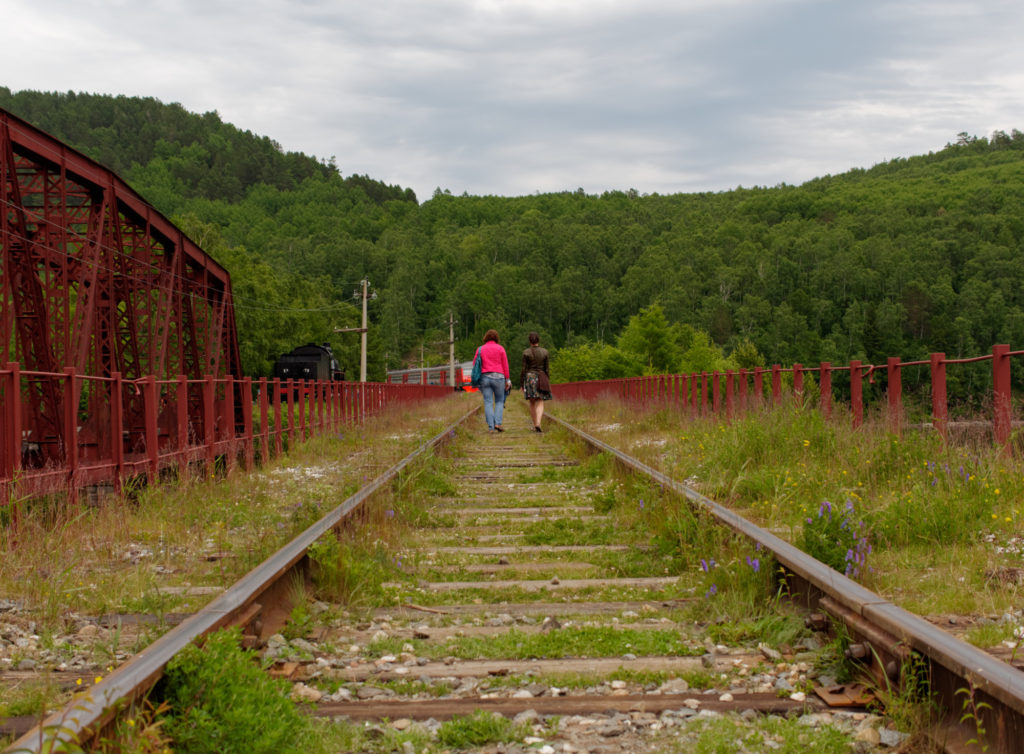Written in Spring
— by Tatiana Gruzdeva
A one more sleepless night gave birth to the first spring day.
In such hours before sunrise the past comes in waves, to bring ten, fifteen, twenty years back, to the times when everybody was happy. Small joys that stayed unnoticed back then, come back to life and gain new meaning. We then can walk along the banks and hold hands, sleep in an old narrow bed leaning on one another, eat grilled potatoes right from the cast iron pan…
Present is smashed on the cliffs over the water, and vanishes in the mist with the first rays of sun. The light cloud then swims over the not yet black earth.
And the future is somewhere there, beyond human understanding, gathering the clouds. When will they fall, the drops of the first Spring rain that will wash over the soul and offer a new hope?
1st March 2017
Baikal and its railroad
The train to the Round-Baikal railroad has left the Irkutsk-Passengers station at 7.40 AM. In the wagon, on both of its ends, two screens project non-stop the images of the lake Baikal. Guests of the city are half asleep in their seats, seeping their tea.
The train rides through small villages, construction sites, hills and fields to gather Sludyanka, the first station of the Round-Baikal railroad. This railroad goes 94 km along the lake, from the South of Baikal to a point on its West shore — Port Baikal, right at the mouth of Angara. The name, though, is misleading: no road of any kind goes full around Baikal, solely mountains and deep forests surround it. Arrived at Port Baikal, the railroad stops, and we plan to go back by crossing the Angara in a ferry, and then return to Irkutsk by bus, making a 300 km loop in one day.
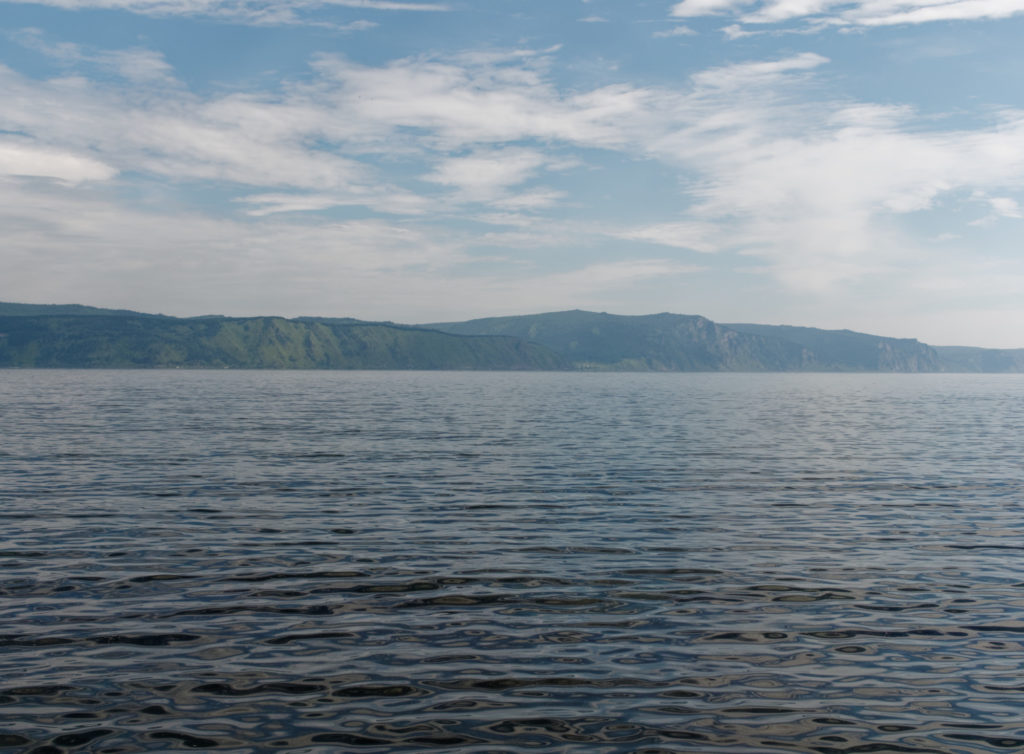
This 94 km section of rails was built mostly in 1903 as a necessary part of the Trans-Siberian railroad. The locomotives of that time couldn’t power through the steep slopes of Siberian hills where goes the modern part of the rail, now in use between Sludyanka and Irkutsk. Apart tourism, today the Round-Baikal railroad is used only by local back and forth trains, connecting villages of no more than a dozen inhabitants and holiday camps.
It is hard to imagine that this railroad hanging over the shores of Baikal has been a crucial connection between Siberia and the West only 120 years ago. Back then, many loaded trains have fallen down from the road directly into Baikal, some of them are still discovered at the bottom by limnologists — lake scientists coming in mass to study the unique nature of Baikal.
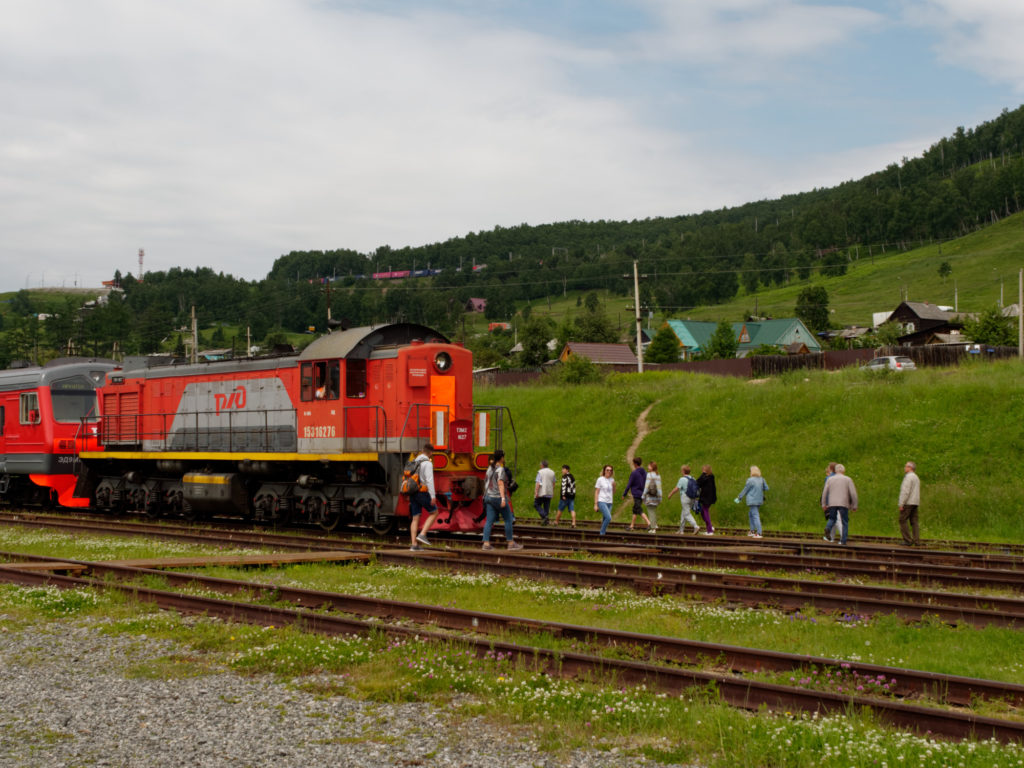
Baikal is hard to describe. It looks like a sea, smells like a lake, tastes like pure glacial water, is cold like an ocean and sounds like silence. The volume of the lake is the sum of the volumes of all Great Lakes in the United States, its length is six hundred kilometers, and its width reaches sixty kilometers. Words have been invented to describe its winds (sarma, kultuk, barguzin) and its animals, half of them endemics (for example, fishes like omul and Baikal’s oil fish, or golomyanka). Cosmonauts see Baikal from space. Scientists recognize that Baikal has not been touched so much by human activities, and it manages to stay in its biological and chemical equilibrium, even though through perpetual change.

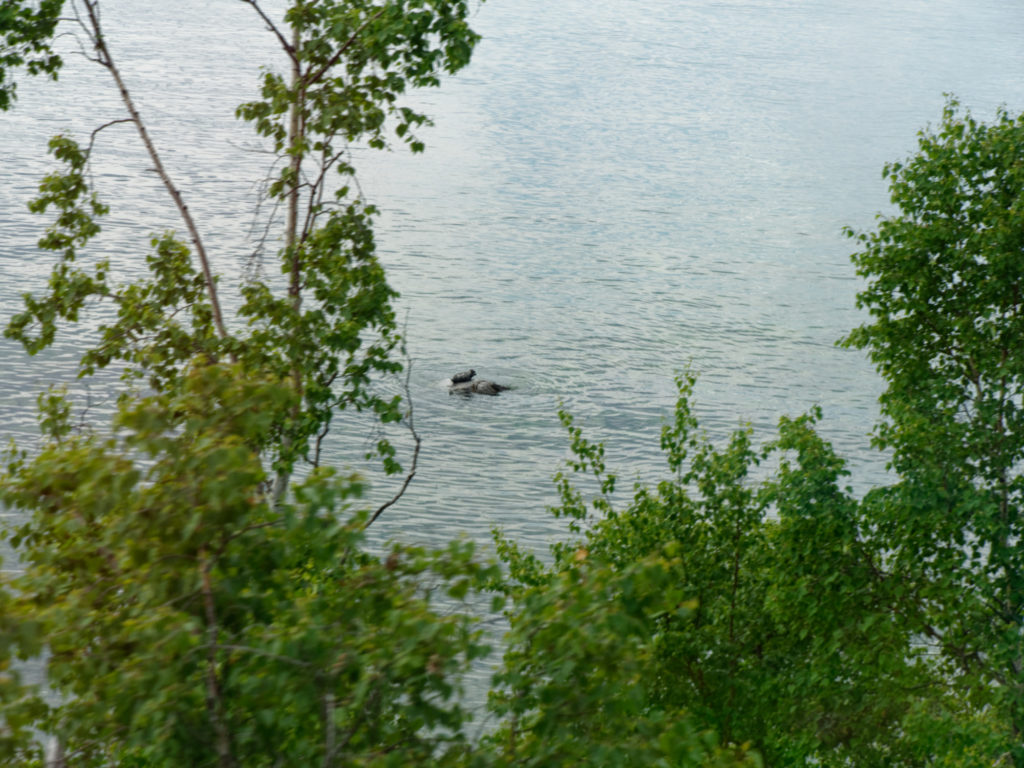
For Tatiana, a year is not a year if she hasn’t been to her five Baikals: Small Sea, Olkhon, Kultuk, Enkhaluk, Listvyanka… Baikal is different, and has many faces. “I am going to Baikal” sounds casual to locals.
The lake is growing now, getting wider — several centimeters per year. “We are used to seismic activity here — hardly noticeable seismic episodes happen regularly. But in the last year, there were three or four very strong earthquakes in Irkutsk, with paintings falling from the walls, dishes clinking in cupboards — people who would wake up and get outside. But we are used to it and not afraid!”, Tatiana says.
We pass all the day on the Round-Baikal road, Tatiana speaks, I listen, and then we both look by the window, waiting for a nierpa (an endemic Baikal’s sea lion) to get its smooth head out of the water, or follow two ruddy shelducks fly to the horizon. The eyes should not get lost in the immensity of the lake, at least not forever.
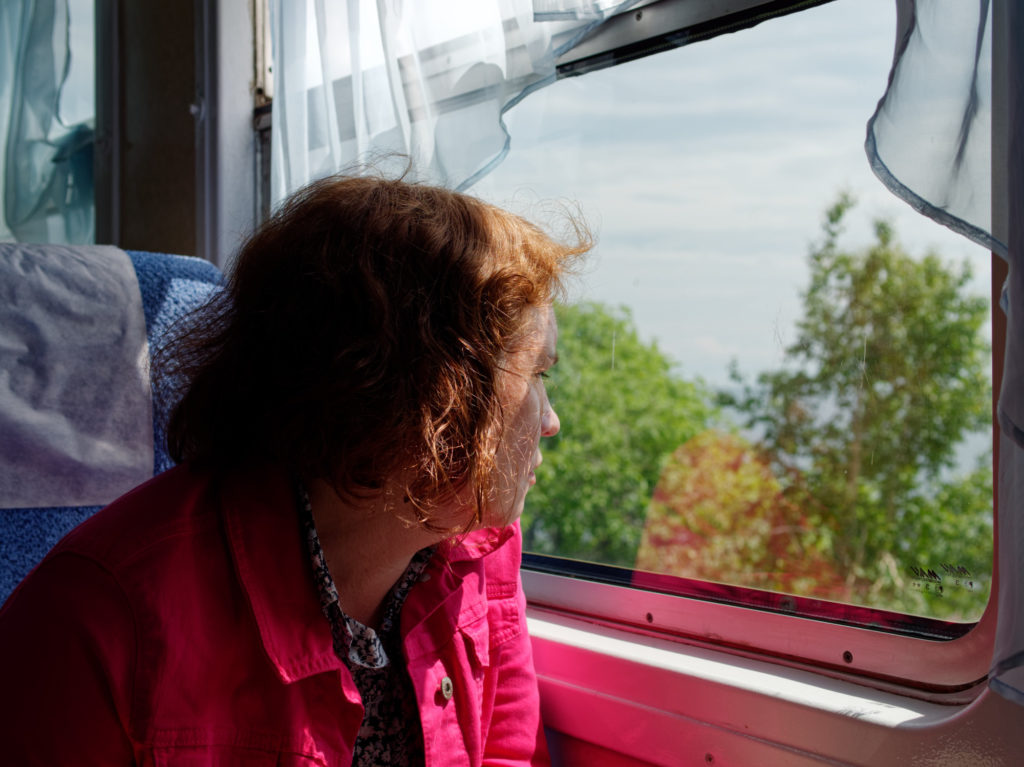
I will marry only a woman with a PhD !
I married my classmate on the last year of the university, had a daughter, and decided to be a housewife. I wanted to have a big family, many children, to stitch, to crochet, and do other women’s things like that. But my father couldn’t bare with it, he said ‘Why did you study at the mathematical faculty? You had to go to the Institute of light industry if you wanted to be a housewife!’
My father was teaching radiophysics at the faculty of physics, in the same building as the mathematical faculty, and he knew Prof. Strekalovsky who taught me the Operations research. I was not very good in this subject but my Dad spoke with him, when was putting his car in the garage next to Prof. Strekalovsky’s one. One day my Dad comes and says: ‘Today I stay with your Ksenia (my daughter was two years old at the moment), and you go listen to the seminar of Prof. Strekalovsky!’ Of course, I was happy to go, to get out of the routine of staying with a baby. I have spent one year listening at the weekly seminar while my Dad stayed with my daughter.
But, one year after that, we have divorced with my husband. I couldn’t just go to the seminars anymore, I had to work to support my child. Prof. Strekalovsky helped me by inviting me to work as a member of the laboratory which was being created at exactly the same time in the Irkutsk Computational Center, a laboratory which is a precursor of the laboratory in which I am still working today!”
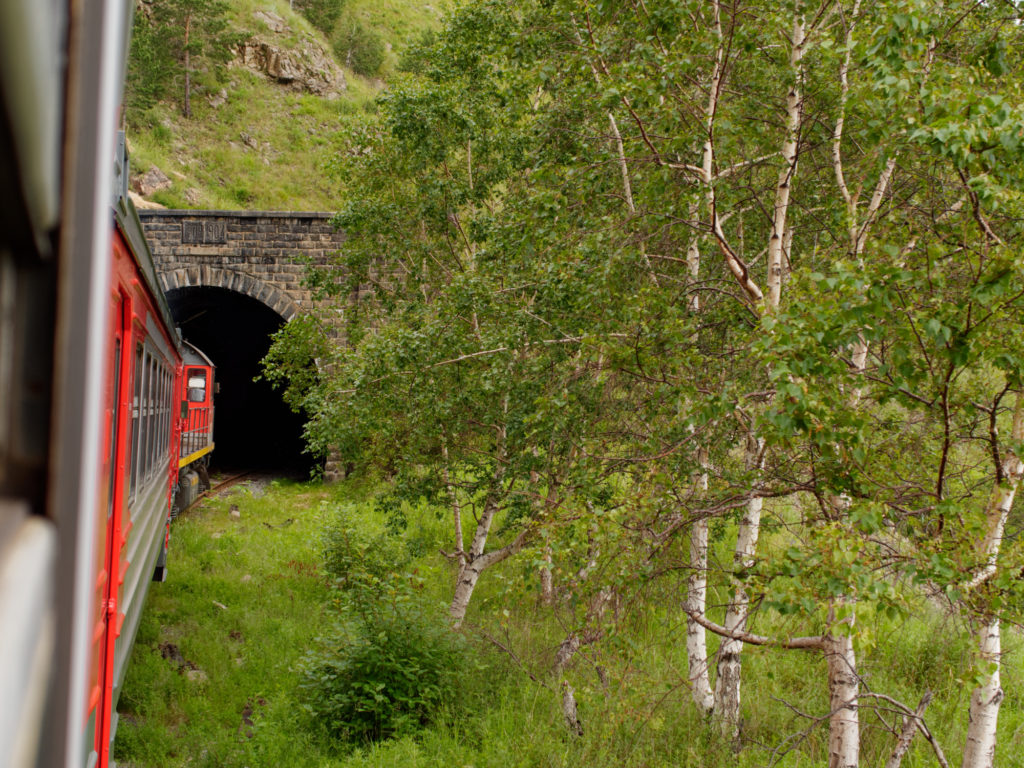
Tatiana wanted to stay away from relationships for some time — she had a dissertation to write. But then, she met Sergei. Sergei didn’t have any relation to science but was very supportive of her work. “He was a very kind man”, Tatiana says. He started taking care of the house, cooking food and spending time with their daughter Ksenia (who he adopted) while Tatiana was preparing her PhD. Sergei had a saying, “Just write! I will marry only a woman with a PhD — I do not need anybody else!”.
Soon, Tatiana got pregnant. She continued writing her thesis, and Prof. Strekalovsky pushed her to defend before the birth of her second child.
Tatiana defended her thesis on the 23rd of December, and got married on the 25th. One month later, on the 24th of January, their daughter Maria was born.
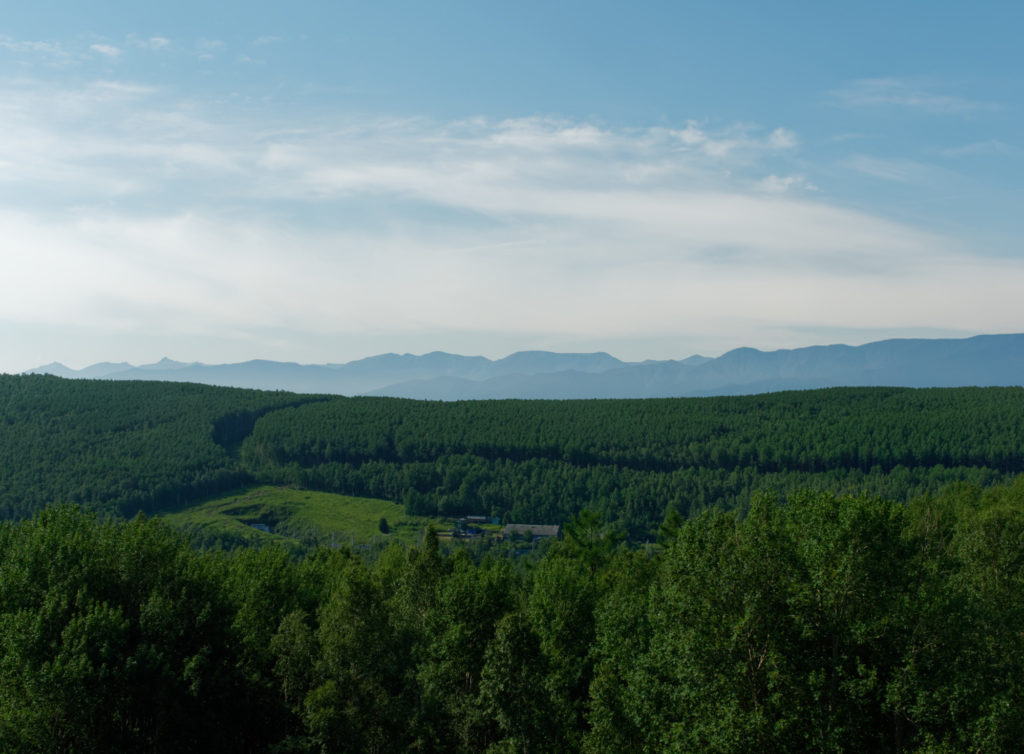
Two deaths
The Round-Baikal train slowly advances through the forest at the speed of the walking man. “Let me tell you a sad story”, Tatiana starts. “I prefer to tell it. Then you decide what to write.”
Tatiana’s and Sergei’s third daughter Natasha was born in 2008. In 2012, when she was four years old, they have learnt that she had a very rare type of leukemia. Natasha started a treatment at the hospital in Irkutsk, but the illness was still progressing. The family went to Moscow, to Dmitry Rogachev National Research Center of Pediatric Hematology, Oncology and Immunology, in order to prepare Natasha for the transplantation of the bone marrow. The operation was close, the donor was found, but the illness gave a recidive. At some point, Moscow doctors said that the Western medicine couldn’t do anything for them anymore. “They told us we had to go back home to Irkutsk, to die.” Two lakes are trembling in Tatiana’s eyes while she speaks.
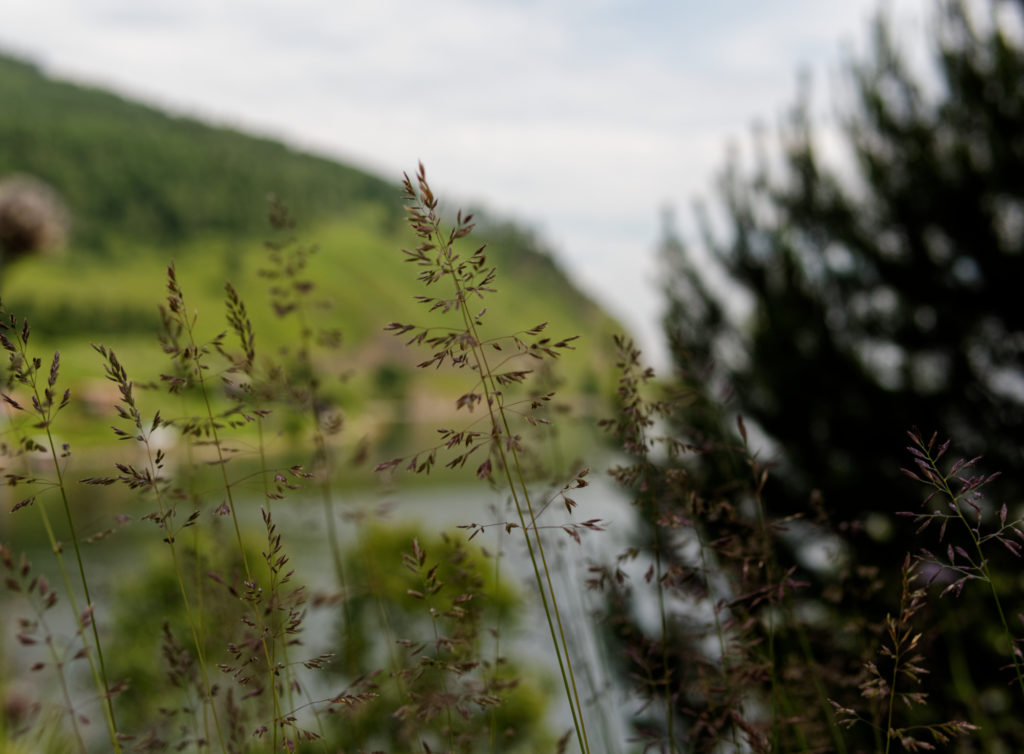
In March 2015 Tatiana went with her daughter to the East, to Seoul, where they have spent two months battling the illness but Natasha died. “After that… with my husband, we couldn’t help each other. Two of us were dealing with it as we could, alone.”, Tatiana says. One year and a half later, Sergei died from a heart attack. He was 48 years old.
“I think I could deal better with Natasha’s death because I went through all the medical issues together with her. My husband was spending time with our two other girls, and he was less involved in treatment and had less possibilities to say goodbye.”
Since their first meeting, Tatiana’s husband Sergei was very proud of his wife’s profession. “He would always introduce me this way — my wife, a mathematician. I am sure that if he were here, he would push me to get the next degree after the PhD, the Habilitation.”, Tatiana says.
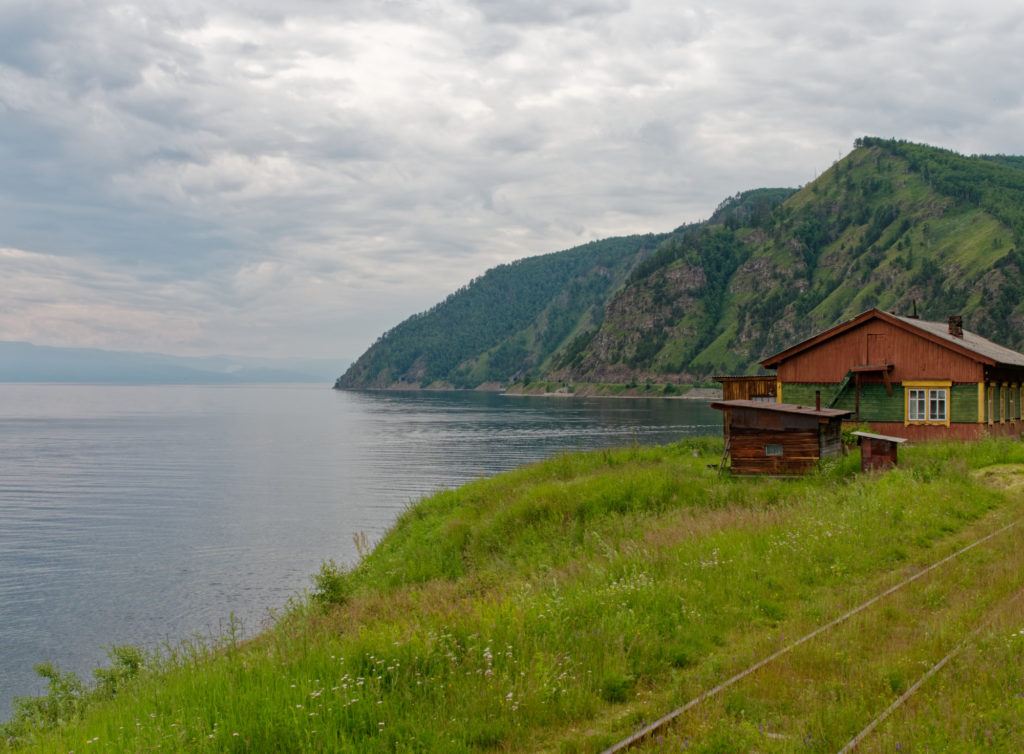
For what and what for
Natasha was sick for three years, and for all that time I couldn’t do any research, I was out of work. Although I continued editing my book on the search of a clique in a graph while sitting in the hospital in Moscow, and it helped me a lot. It was a hard time for me but gradually, I managed.
It is tempting to ask myself for what it happened to me but I do not think in these terms. I know what it happened for. I have learned that people are good and capable of love, and found friends.
I remember how fast we were finding money for flight and treatment in Seoul — not only my colleagues from the laboratory and my friends but every soul in the city helped. Once, a lady called — wife of some businessman — and she said that her husband doesn’t give her money but that she wants to offer her fur coat, and that we could sell it. We have found six million roubles in several weeks. People are good, and want to help.
Many of the parents that I have met in Moscow, are today my good friends. How happy we are for the children who survive! There is a girl from there who is now passing her university exams, and I helped her with math.”
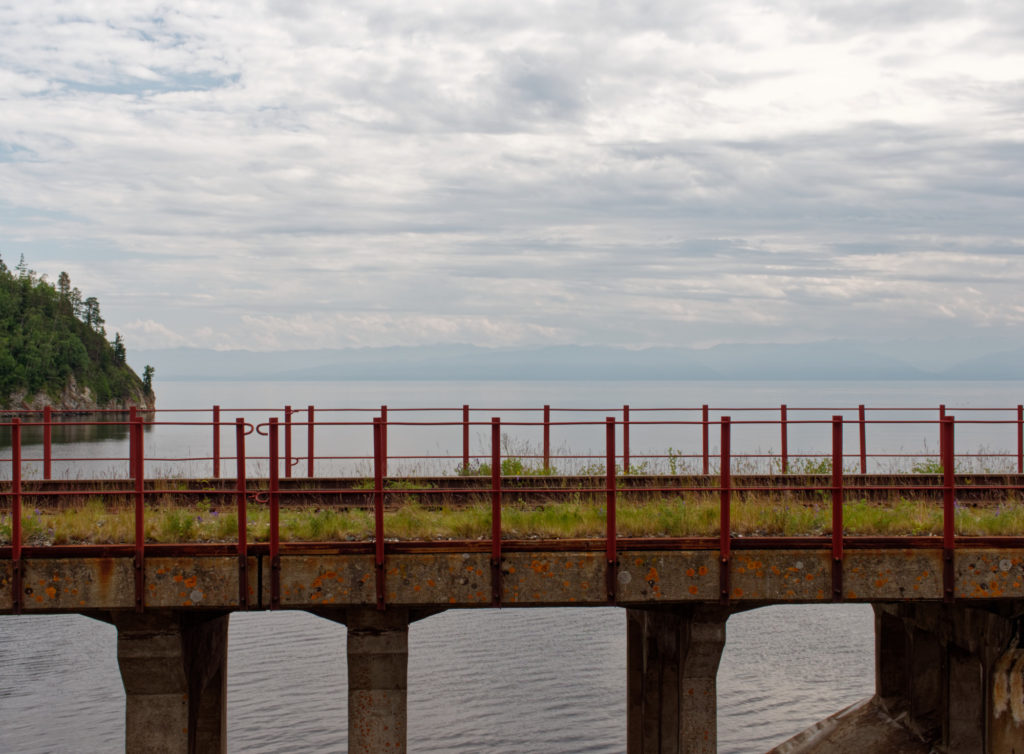
Tatiana wants to give the example to her daughters, Ksenia and Maria that one can survive anything. She reassures her colleagues — one can be strong in these situations. « These are two things that help me live and motivate me», she says.
« Habits help to deal with mourning a lot. Twice a year, in memory of Natasha, I give my blood and then send the earned money to the foundation Podari Zhizn (Gift of life) in Moscow», Tatiana says. « But of course, it still happens to me — I just start crying at some animated movie, or at some phrase », she admits.
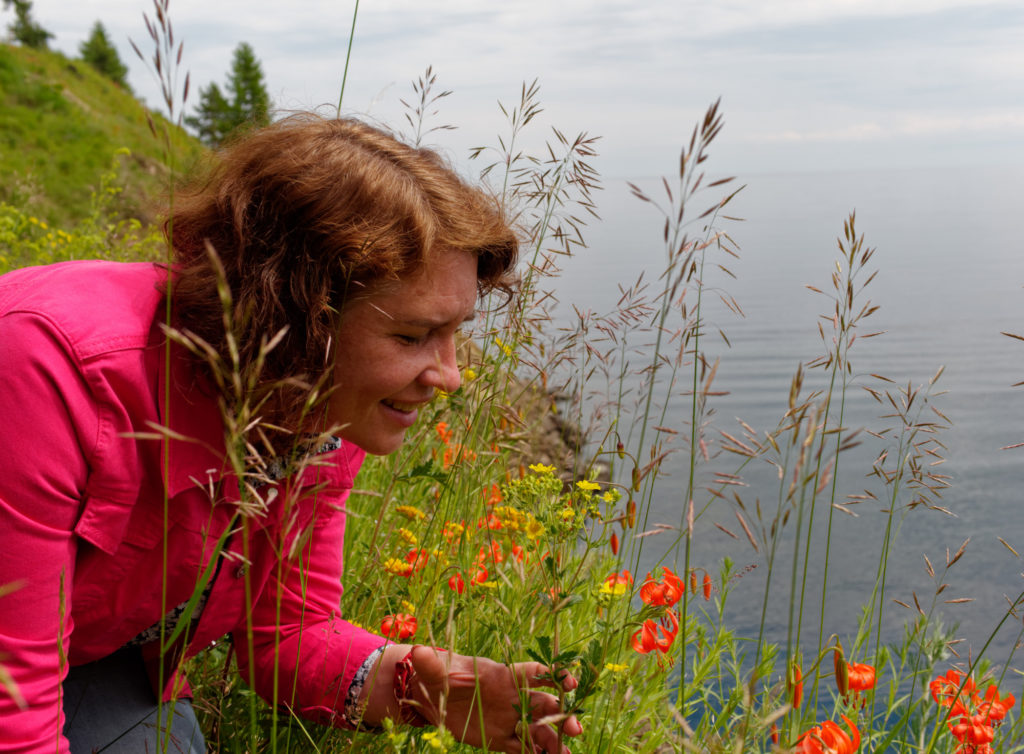
What I love, one can not take from me
Tatiana writes poetry since 1987, and she remembers all that she has written by heart. She reads me several poems of hers. The Round-Baikal train seldom passes the tunnels inside the rock — when the train passes the tunnel, all the wagon dives into darkness, and faces are hardly seen. The weighty sound of the running train echoing from the rocks fills the wagon. Tatiana stops reciting before we enter the tunnels. The pauses in Tatiana’s poems make them rhyme with the rumble of the passing train. Some tunnels are only several dozens of meters, some a few hundreds.
Tatiana keeps a book, an agenda for children, edited by one of her friends, dedicated to her daughter Natasha. She reads me one of the poems inside it. “What I love, one can not take from me”, she finishes fiercely.
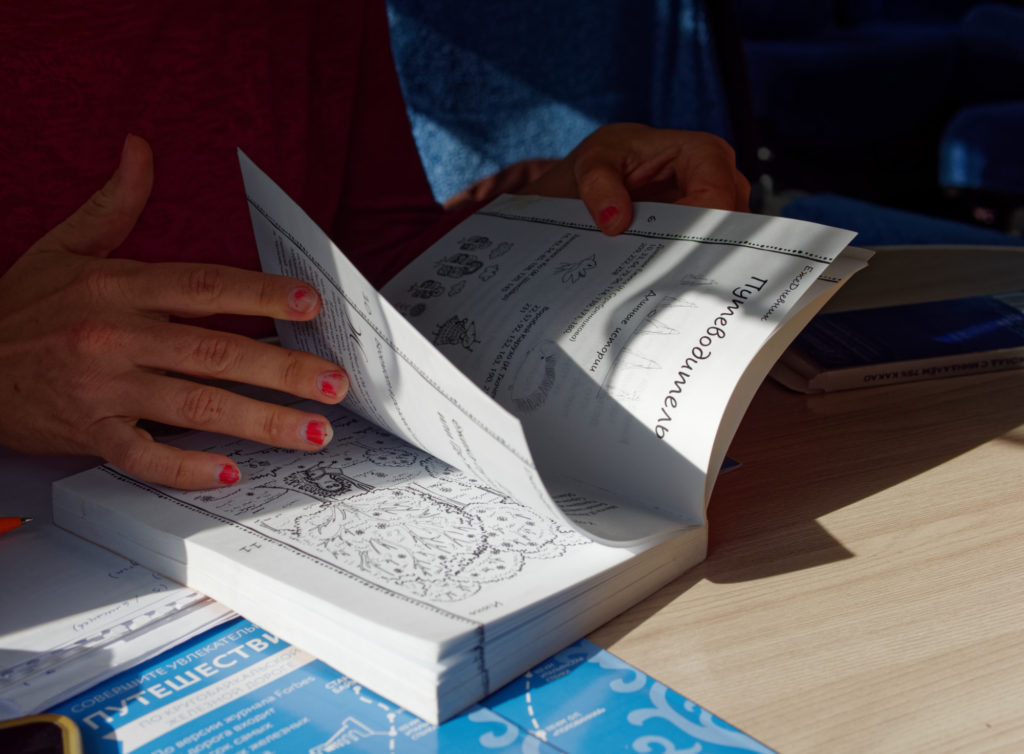
Tatiana never writes about mathematics — “Poems are about emotion,” she says, “and mathematics never touched me in such a strong way.” Tatiana wants to publish her own book, with her prose and poetry, for her fiftieth jubilee this December, with paintings done by her daughter Maria inside.
A mathematician thinking that the most important thing in his or her life is research in mathematics, is lucky — they didn’t yet lose what matters more.
